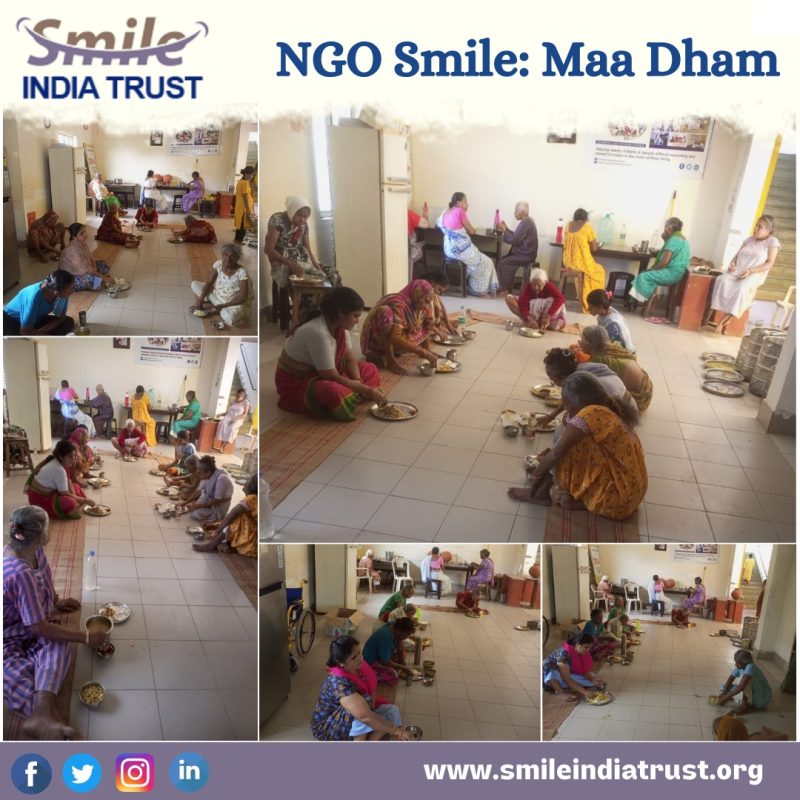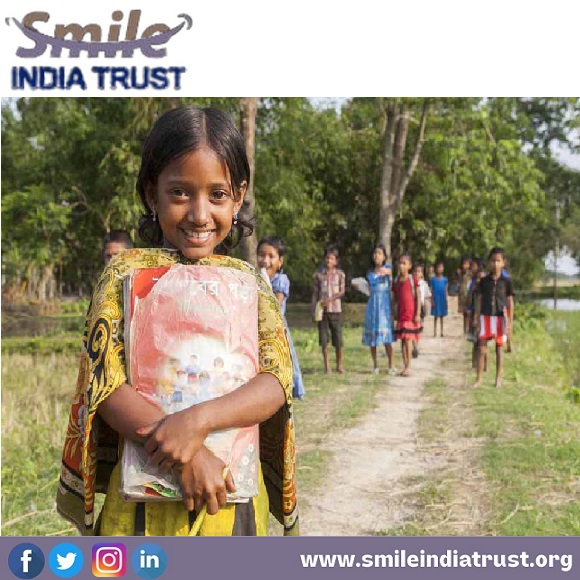Unfortunate mothers. When we hear this, we might instantly think of women who are tortured by their own people or society, women who are abandoned by their loved ones even after doing so much for them. The majority of people still fail to understand the value of a mother and treat them as if they […]
Tag Archives: NGO smile
The world is a wonderful place to live. It is the best present, which is given to humans. As a result, it is our responsibility to safeguard our planet’s elegance and honesty. Childhood is a fortunate aspect of both human life and the world.NGO Smile today is discussing about child abuse horrifying wound on these […]
Mental health is a major concern not only in India but around the world. Mental health awareness campaigns have had a positive impact on the NGO Smile. “There can be no true physical health without mental health,” said the World Health Organization’s first general secretary. Monitoring the qualitative aspect of any situation can be difficult […]



